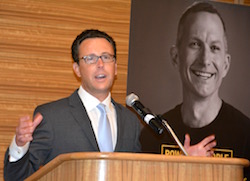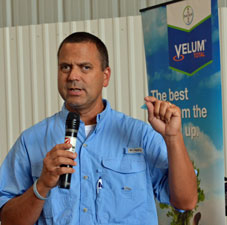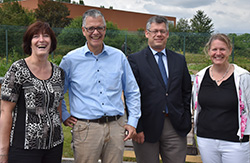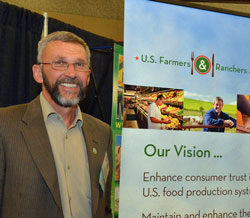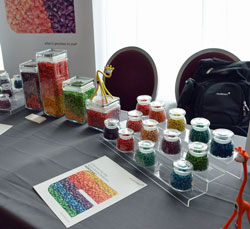 When it comes to precision data technology, farmers today have many choices. At the recent Ag Media Summit, Farmers Edge was eager to share what sets them apart from the rest and how they strive to boost growers crop production without forgetting about the need for constant improvement in sustainability efforts.
When it comes to precision data technology, farmers today have many choices. At the recent Ag Media Summit, Farmers Edge was eager to share what sets them apart from the rest and how they strive to boost growers crop production without forgetting about the need for constant improvement in sustainability efforts.
Farmers Edge VP of Marketing, Marina Barnes, said, “We strongly believe you have to have an integrated approach in order to deliver a complete solution to your customers. Farmers Edge is independent and unbiased. We are not tied to any input or equipment sales. We were built from the ground up with insights from our farmers. We incorporated technology with an existing agronomic business model unlike typical precision ag companies. At Farmers Edge, we also believe that providing real boots on the ground to our clients is essential. That is why we work along out farmers every step of the way.”
Marina said that when a new customer comes on board, they “digitize the farm.” All customers get access to on-farm weather stations and FarmCommand, their integrated farm management platform.
Collecting all this data is really the simple part. Once you have all that data, what do you to with it? “At Farmers Edge, we are not focused on getting the right data just for the sake of visibility. We are focused on turning that data into decisions that can improve growers’ farming operation. We bridge the gap between boots on the ground and data-driven precision ag.”
Listen to my complete interview with Marina to learn more about Farmers Edge and their new decision support tool focused on nitrogen management. Interview with Marina Barnes, Farmers Edge
View and download photos from the event here: 2016 AMS Photo Album







